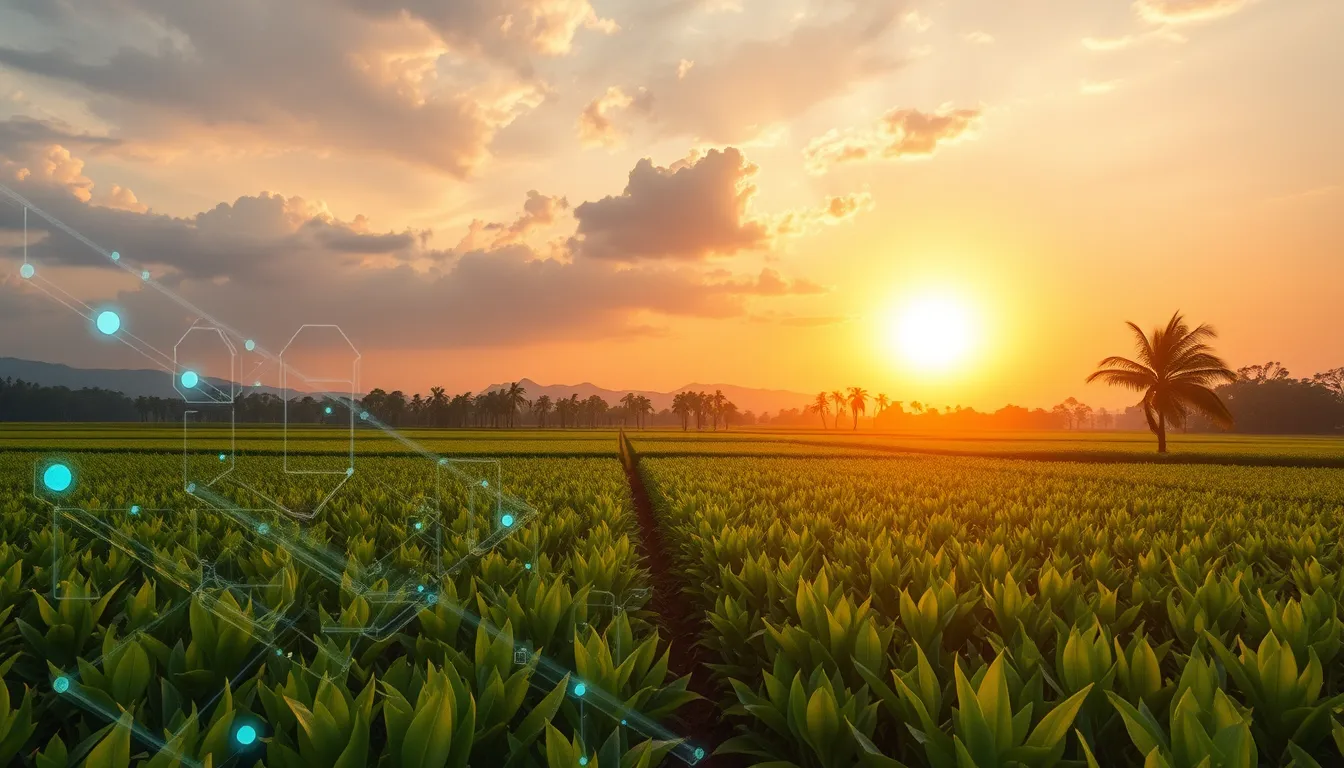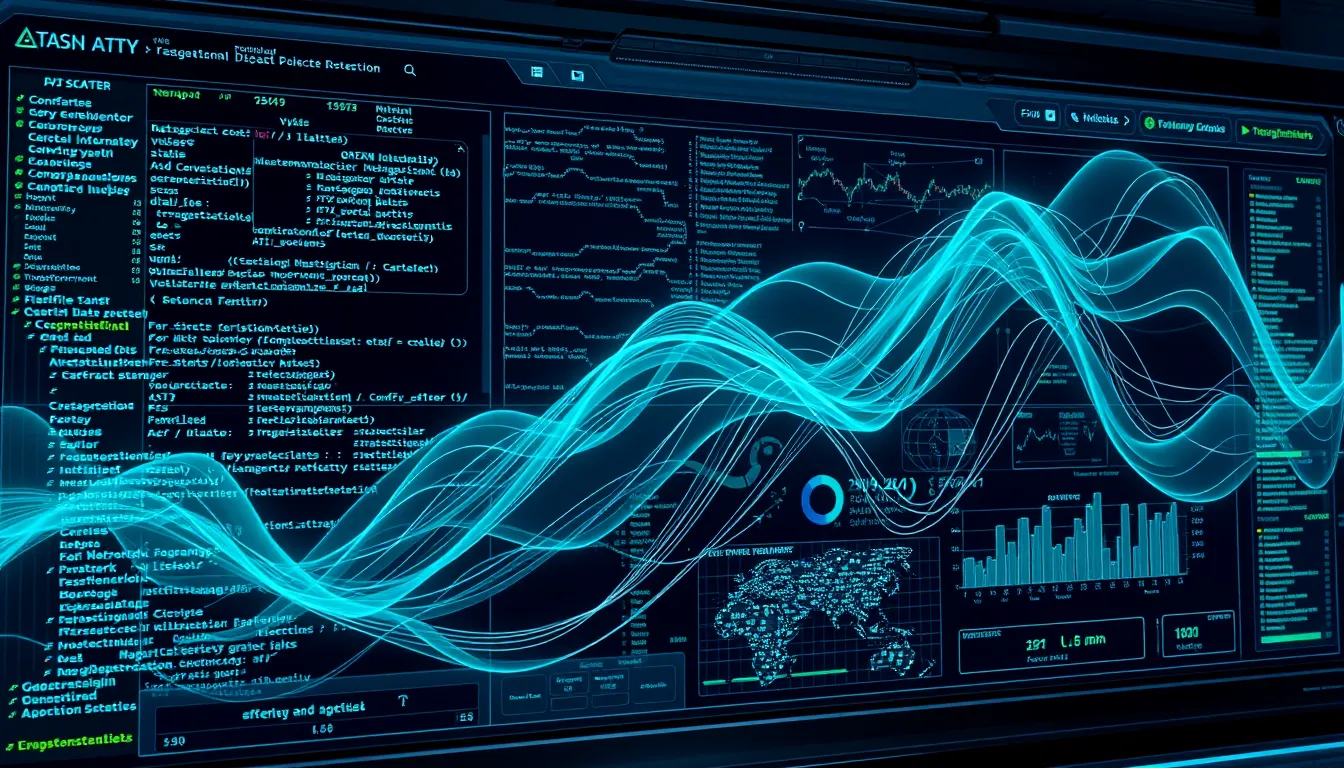Now Reading: AI in Agriculture & Agritech Philippines: Smart Farming
-
01
AI in Agriculture & Agritech Philippines: Smart Farming
AI in Agriculture & Agritech Philippines: Smart Farming

AI in Agriculture & Agritech Philippines: Smart Farming
In today’s rapidly evolving digital era, the use of artificial intelligence in agriculture is reshaping traditional farming practices. Across the Philippines, technology is making its mark, and the focus on AI in agriculture and agritech Philippines is becoming more pivotal than ever. This innovative movement is not only modernizing farming, it’s ensuring that farmers have access to enhanced tools for decision-making, crop protection, and resource management.
The Rise of AI in Agriculture and Agritech Philippines
The agricultural landscape in the Philippines is undergoing a transformation with the integration of AI-driven technologies. Local startups and technology companies are embracing smart sensor integration in farming to monitor crop health accurately. A core component of these advancements is real-time crop health monitoring with AI, which allows for proactive responses to challenges such as pest invasions, disease outbreaks, and adverse weather effects.
By merging AI algorithms with advanced sensor technology, farmers can now predict potential issues before they escalate. The approach leverages extensive data analytics which provide actionable insights in a matter of moments. This comprehensive system has significant benefits, including:
- Improved precision in diagnosing crop issues
- Reduced response time to environmental changes
- Enhanced decision-making through data-driven insights
- Efficient resource management and reduced waste
These benefits together serve as a testament to the power of AI in agriculture and agritech Philippines, ultimately leading to increased yield and economic stability for local farming communities.
Embracing Smart Sensor Integration in Farming
Smart sensor integration in farming is a breakthrough that is helping farmers maintain optimal crop health. These state-of-the-art sensors monitor a range of environmental factors such as soil moisture, temperature, and even subtle shifts in plant health. With data transmitted in real time, farmers can intervene early, thereby preventing significant crop loss.
Beyond early detection, the sensors facilitate a better understanding of crop needs. This integration not only supports precision agriculture but also empowers communities to transition from traditional farming techniques to a more modern, scientifically managed system. For more insights on modern agriculture trends, international agencies such as the Food and Agriculture Organization (FAO) at https://www.fao.org provide comprehensive guidance and case studies.
Real-time Crop Health Monitoring with AI
One of the most dynamic applications of AI in agriculture is real-time crop health monitoring with AI. As environmental conditions fluctuate, this technology offers continuous, up-to-date information on the status of crops. Advanced systems analyze visual cues, weather data, and soil conditions, alerting farmers to any anomalies that may indicate early signs of disease or pest infestation.
This process is vital because early intervention can prevent small problems from evolving into large-scale crop loss. Local farmers can thus implement corrective measures sooner, fostering a more sustainable approach to farming. Moreover, by integrating these technologies with mobile platforms, the accessibility of these strategies is enhanced, allowing even remote farmers to benefit from the latest advancements.
How AI Reduces Crop Loss in Philippines
One of the primary challenges faced by farmers in the Philippines has been crop loss due to unpredictable climate changes and pest invasions. The implementation of AI in agriculture and agritech Philippines has been instrumental in mitigating these issues. How AI reduces crop loss in Philippines is a multi-faceted process that involves:
- Continuous Monitoring: Real-time data collection from smart sensors.
- Early Detection: Identification of stress signals or disease onset at an initial stage.
- Predictive Analysis: Utilizing historical data to forecast adverse conditions and plan countermeasures.
This technology ensures that local farmers are well-equipped to handle sudden changes in weather and pests, thereby safeguarding harvests and enabling a steady food supply chain. Government initiatives and tech-focused investments have further supported these innovations, creating an ecosystem ripe for sustainable growth in precision agriculture.
Advancing Precision Agriculture and Future Trends
Precision agriculture represents the future of farming in the Philippines. With the deployment of advanced sensor technology in agriculture, every inch of farmland is now monitored meticulously. Farmers can now apply fertilizers, water, and pesticides precisely where needed, reducing waste and environmental impact. This shift towards precision agriculture not only increases crop yield but also contributes to crop loss prevention.
Emerging trends indicate that the value of data-driven farming is set to increase. The blend of historical agricultural practices with modern AI technologies heralds the start of a new era in agritech. The proactive approach supports a sustainable farming future where technology and tradition work in unison.
Conclusion: Building a Resilient Future with AI in Agriculture
The transformative power of AI in agriculture and agritech Philippines is undeniable. As demonstrated, real-time crop health monitoring with AI and smart sensor integration are revolutionizing how farmers monitor crops, predict potential losses, and take preemptive measures. Whether through reducing crop loss or optimizing resource use via precision agriculture, the integration of AI is setting new standards in modern farming.
This shift not only promises a more resilient and sustainable food production system but also fosters economic growth within rural communities. With continuous innovation and supportive government initiatives, the full benefits of advanced sensor technology in agriculture will be realized. The future of farming in the Philippines is brighter than ever, driven by smart, data-driven agricultural solutions that empower farmers to achieve unprecedented levels of productivity and sustainability.
For further reading and to stay updated on agritech developments, check out the latest reports on the official government agriculture portal at https://pia.gov.ph, which offers a wealth of resources on emerging technologies in agriculture.
In summary, the blend of traditional farming practices with cutting-edge technology marks a turning point in the agricultural sector. The rise of AI in agriculture and agritech Philippines is proving to be a game-changer, offering innovative solutions for long-standing challenges and paving the way for a more secure and prosperous future in farming.

























